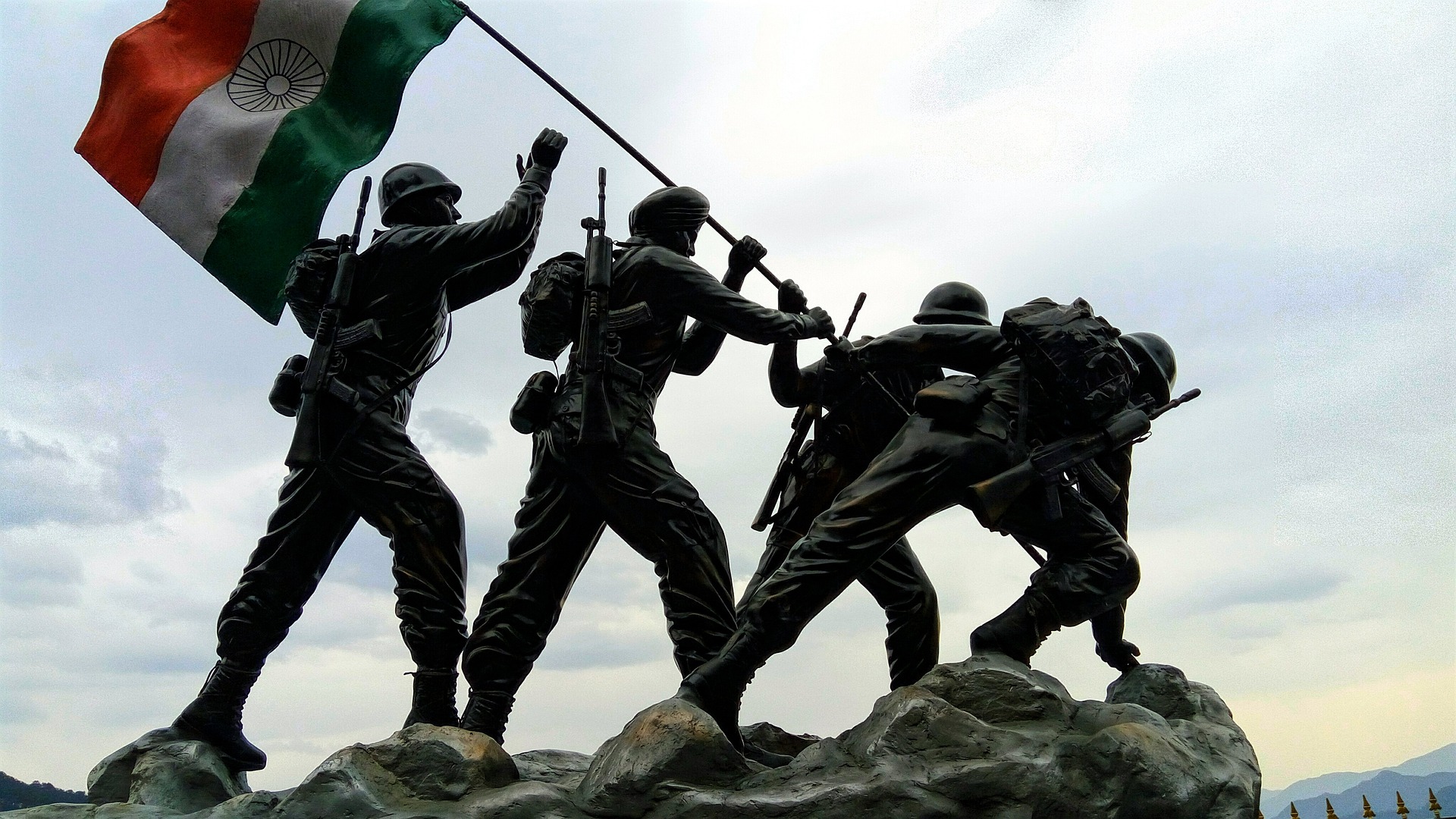Govt May Force WhatsApp to Remove ‘End-to-end Encryption That Affects 400 Million Users

In the fast-paced digital age, where information travels at the speed of light, the battle against misinformation is becoming increasingly complex. India, the world’s largest democracy, is no stranger to this challenge. As the country gears up for assembly polls in Rajasthan, Madhya Pradesh, Chhattisgarh, Telangana, and Mizoram, with the general election looming on the horizon in May 2024, the political landscape is rife with a high-pitched battle, both on the ground and online.
One of the key players in this online political battlefield is WhatsApp, a popular messenger app with over 400 million users in India. It has emerged as a powerful tool for political campaigns, enabling parties to connect with voters on a personal level. However, this very power has made it a breeding ground for the dissemination of fake news and misinformation.
In response to this growing concern, the Indian government is considering enforcing Section 4(2) of the Information Technology (IT) Rules, 2021, which mandates that WhatsApp disclose the identity of the person responsible for circulating fake content. This move raises important questions about the balance between privacy, freedom of expression, and the fight against misinformation.
The WhatsApp Vexed Question
WhatsApp, owned by Facebook, has become an integral part of the Indian digital ecosystem. It is widely used for personal communication, business transactions, and, more significantly, political outreach. Political parties have leveraged the platform’s end-to-end encryption, which ensures that messages are only visible to the sender and receiver, making it a secure and private channel for communication.
However, the dark side of this encryption is the ease with which fake content can be created and disseminated without being traced back to its source. The anonymity provided by WhatsApp has been exploited to spread misinformation, fake news, and even hate speech. In the heat of political campaigns, this poses a significant challenge for fact-checkers, regulators, and law enforcement.
The Legal Framework: IT Rules 2021
In February 2021, India introduced the Information Technology (Intermediary Guidelines and Digital Media Ethics Code) Rules, commonly referred to as the IT Rules 2021. These rules aim to regulate the behavior of social media platforms, messaging apps, and other digital platforms.
Section 4(2) of these rules, which is at the center of the current debate, requires instant messaging services like WhatsApp to disclose the “first originator” of a message or any content upon the government’s request. The primary objective is to combat misinformation, especially in the context of national security and public order.
The provision is not without controversy. WhatsApp has raised concerns about the impact on user privacy, freedom of expression, and encryption. While the government argues that this measure is essential to hold individuals accountable for the spread of fake news and hate speech, civil liberties advocates caution against the potential misuse of such powers.
The Political Landscape
As India’s political parties gear up for the upcoming elections, WhatsApp and other messaging apps play a pivotal role in their campaigns. These apps are used for sharing news, images, videos, and even political propaganda. In the race to capture voters’ attention, parties often resort to spreading both factual information and misinformation about their opponents.
This is not unique to India but rather a global trend. The speed and reach of messaging apps make them powerful tools for political communication. They allow parties to target specific demographics and create a more personal connection with voters. However, the same tools can be used to manipulate public opinion and sow the seeds of discord.
The Challenge of Misinformation
Misinformation in the digital age is a formidable challenge. Fake news can quickly go viral, reaching millions of people within hours. The consequences can be severe, affecting public perception, inciting violence, and even influencing election outcomes.
India has witnessed numerous instances of misinformation causing real-world harm. From rumors about child kidnappings leading to mob lynchings to false narratives surrounding the COVID-19 pandemic, the impact of fake news cannot be underestimated. With elections on the horizon, the stakes are higher than ever.
Balancing Privacy and Accountability
The debate surrounding Section 4(2) of the IT Rules 2021 centers on the balance between privacy and accountability. WhatsApp’s end-to-end encryption ensures that messages remain private and secure, but it also hampers the ability to trace the source of harmful content. This encryption is a fundamental feature that ensures the privacy and security of users’ conversations.
Privacy advocates argue that weakening encryption or enabling backdoor access for governments could open the door to surveillance and infringe on individual rights. They worry about the potential for misuse, where the government may target political dissidents or suppress freedom of expression.
On the other hand, those in favour of enforcing Section 4(2) argue that accountability is essential in curbing the spread of misinformation. Knowing the “first originator” of a message can aid in swift action against those who deliberately spread false information or incite violence. They believe that national security and public order must take precedence, especially during the election season.
The Way Forward
As India stands at this crossroads, the way forward is challenging. It is imperative to address the issue of misinformation effectively while safeguarding individual rights and freedom of expression.
Here are some potential steps to navigate this complex issue:
Transparency and Accountability: WhatsApp can take the initiative to work with the government in a transparent manner, providing the required information while maintaining user privacy. This approach can help build trust and ensure that government requests are not misused.
Fact-Checking and Media Literacy: Promoting media literacy and fact-checking initiatives can help citizens differentiate between reliable information and fake news. Political parties can also be encouraged to adhere to ethical standards in their campaigns.
Stronger Regulation: The government can consider crafting a more refined regulation that addresses the spread of misinformation without compromising encryption. This could involve penalties for those found guilty of intentionally spreading fake news.
International Cooperation: As the issue of misinformation knows no borders, international cooperation in developing a global framework for addressing fake news can be beneficial. Collaboration with social media platforms can also help tackle this issue more effectively.
Conclusion
The battle against misinformation on WhatsApp is not unique to India but is a global challenge. As the country approaches crucial elections, it’s essential to find a solution that balances the need for accountability and the protection of individual privacy and freedom of expression.
WhatsApp, as a popular and influential messaging app, must play a responsible role in this fight. At the same time, the government needs to ensure that regulations are fair, transparent, and focused on the root causes of misinformation. The path ahead is complex, but it’s a path that India and the world must navigate to preserve the integrity of our digital information landscape and the democratic process itself.



